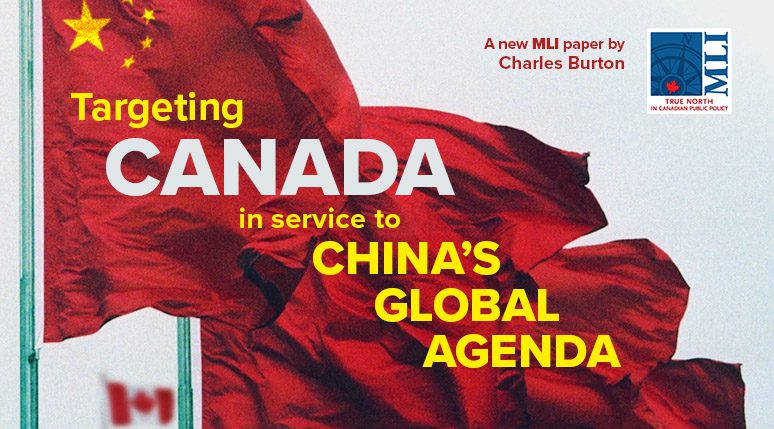By Charles Burton
November 16, 2023
Executive Summary
- The expansion of Chinese Communist Party (CCP) influence in Canada has a significant geostrategic dimension. To its south, Canada has the world’s longest undefended border with the United States, and it borders Russia to its north. It is therefore in the People’s Republic of China’s (PRC) interest to weaken Canada’s alliance with the US and the Five Eyes intelligence consortium through investment in the country.
- The Chinese state has acquired ownership of Canadian mines and energy resources on terms that are not reciprocal for Canadian investment in natural resources in China. China has also bought Canadian firms specializing in high tech to gain access to advanced Canadian technologies. It also collaborates with Canadian researchers working in areas of key interest to the PRC and engages in traditional espionage. Recently, Canada has moved to restrict Chinese investment in critical minerals mines, and it has expelled some Chinese firms in the sector.
- In 2012, China signed a Foreign Investment Promotion and Protection Agreement with Canada. In addition to posing a threat to Canadian national security, the agreement is also seen as a threat to Canada’s sovereignty regarding its labour and environmental regulations.
- Approximately five percent of the Canadian population, or about 1.77 million people, identify their ethnic origin as Chinese. The PRC plays on “immigrant guilt,” or perceived duties to one’s country of origin, to foment divided loyalties. The PRC conflates this bond with the ancestral motherland with its own goals. Some Chinese Canadian members of parliament, at both the provincial and federal level, have recently resigned over allegations of improper relations with the PRC.
- Propaganda campaigns by Chinese diplomats and other proxies of the PRC have proven largely unsuccessful. China’s diplomatic efforts also aim to reduce Canada’s cultural and economic dependence on the US The PRC’s long-term and patient co-optation of Canada’s political and corporate elite has found fertile ground in ‘Canadian nationalist’ political culture. The influence of Chinese money means that while the PRC’s efforts to cultivate soft power have been mostly unsuccessful in Canada, and in fact may have led to a negative response (as recent opinion polls indicate), money is still an important factor in China’s use of economic leverage ato further its influence in Canada’s China policy.
- Canadian news organizations tend to be suspicious of Chinese motives in Canada. This is particularly true after highly classified intelligence leaks highlighted the malign activities of some Chinese diplomats. These reports focused public attention on China’s Ministry of State Security (MSS) and the United Front Work Department (UFWD).
- Nevertheless, there is legitimate concern that, if China continues to consolidate its position in Canada through covert, corrupt, and coercive influence operations, Canadian democracy will continue to be eroded. Still, there is increasing political will to resist Chinese influence operations in Canada by raising awareness of the pervasive and corrosive nature of PRC operations on Canadian democratic institutions, national security, and sovereignty; and to implement legislative measures to curb Chinese interference in Canada’s domestic politics.







